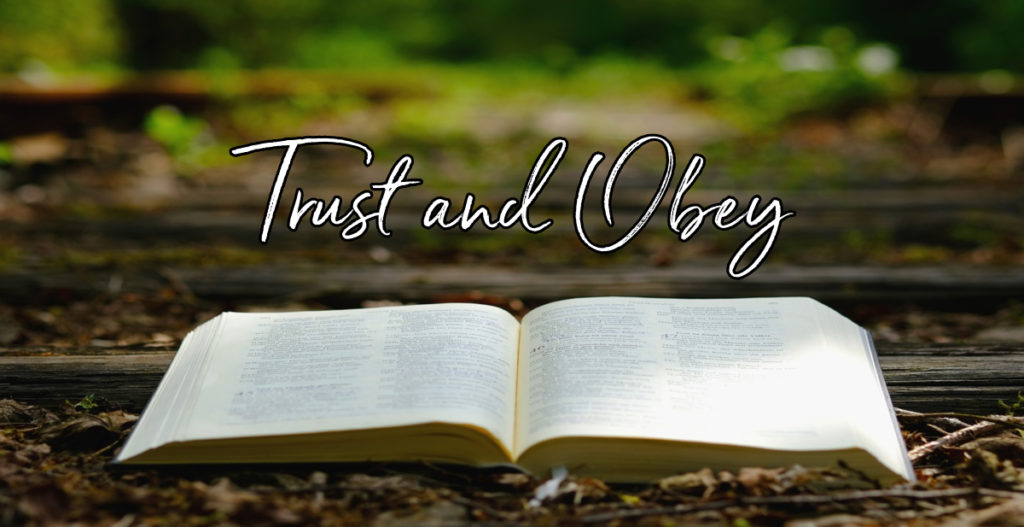2 Kings Chapter 18

Finally! Finally! Finally!
If you have been following along the Bible reading schedule, you must have grown increasingly frustrated that every good king of Judah failed in removing the high places.
Now, in King Hezekiah, we finally read about this:
He removed the high places and broke the sacred pillars, cut down the wooden image and broke in pieces the bronze serpent that Moses had made; for until those days the children of Israel burned incense to it, and called it Nehushtan.
~ 2 Kings 18:4
Not only did he remove the high places and broke the sacred pillars, he even removed that age-old superstitious worship of the brass serpent that dated back to the time of Moses!
And the Bible continued by saying this of Hezekiah:
He trusted in the Lord God of Israel, so that after him was none like him among all the kings of Judah, nor who were before him. For he held fast to the Lord; he did not depart from following Him, but kept His commandments, which the Lord had commanded Moses. The Lord was with him; he prospered wherever he went. And he rebelled against the king of Assyria and did not serve him.
~ 2 Kings 18:5-7 ~
Judah finally had a really good king! Hezekiah, most likely learned from Prophet Isaiah, was a king who knew he was accountable to God and had to rule with righteousness. There was none like him, before or after him (vs 5).
He trusted God (vs 5), held fast to the Lord (vs 6) and kept his commandments (vs 6).
Trust and Obey. That was what Hezekiah did. And the result was evident in that God was with him and he prospered everywhere he went ( vs 7).
While trust and obedience does not always means prospering (see example of Job), in many ways, God’s blessings and care will still be on us. Like the hymn we often sing,
“Trust and obey, for there’s no other way,
to be happy in Jesus, but to trust and obey”.
Doing what Hezekiah did in those days certainly took a lot of faith and courage.
The Assyrians were at their doorsteps… and Judah was paying tribute to the king of Assyria just to make sure they would not suffer the same fate as their northern brothers (see last chapter and vs 9-12). Although Hezekiah first gave the Assyrian king what he wanted, this was followed by the challenge to Hezekiah in verse 17 until the end of the chapter.
I will not dwell in the result of this (as that is found in the next chapter). But the fact that Hezekiah removed the high places and started to lead the people back to trust and obey God worried the Assyrian king so much that he sent his commander to proclaim to the people of Judah:
Thus says the king: ‘Do not let Hezekiah deceive you, for he shall not be able to deliver you from his hand; 30 nor let Hezekiah make you trust in the Lord, saying, “The Lord will surely deliver us; this city shall not be given into the hand of the king of Assyria.” ’ Do not listen to Hezekiah; for thus says the king of Assyria: ‘Make peace with me by a present and come out to me; and every one of you eat from his own vine and every one from his own fig tree, and every one of you drink the waters of his own cistern; until I come and take you away to a land like your own land, a land of grain and new wine, a land of bread and vineyards, a land of olive groves and honey, that you may live and not die. But do not listen to Hezekiah, lest he persuade you, saying, “The Lord will deliver us.” Has any of the gods of the nations at all delivered its land from the hand of the king of Assyria?
2 Kings 18:29-33
The key to it all again was that in Hezekiah’s trust and obedience of God, this has in turn led the people to do the same.
The idols that plagued them for years, including the bronze serpent that Moses raised to stop the plague, were now gone. And now that they are gone, their only source of trust and reliance was on the one true living God. And this was a problem for the evil one.
What about us? Do we have also idols in our lives that have been there for years that we have struggled to get rid of?
And when we remove them, do we immediately face the challenges of the evil one to make us wonder if we were right to do so?
Hezekiah was faced with this very same challenge. Did he waver? Did the people waver?
But the people held their peace and answered him not a word; for the king’s commandment was, “Do not answer him.”
~ 2 Kings 18:36 ~
The people obeyed Hezekiah to keep their peace and not take the bait of the taunting of Assyria. The result of this will be seen in the next chapter. But the message is clear for us…
We need to learn to really trust and obey God to be truly happy in Jesus.
Hope you will sing along with me 🙂